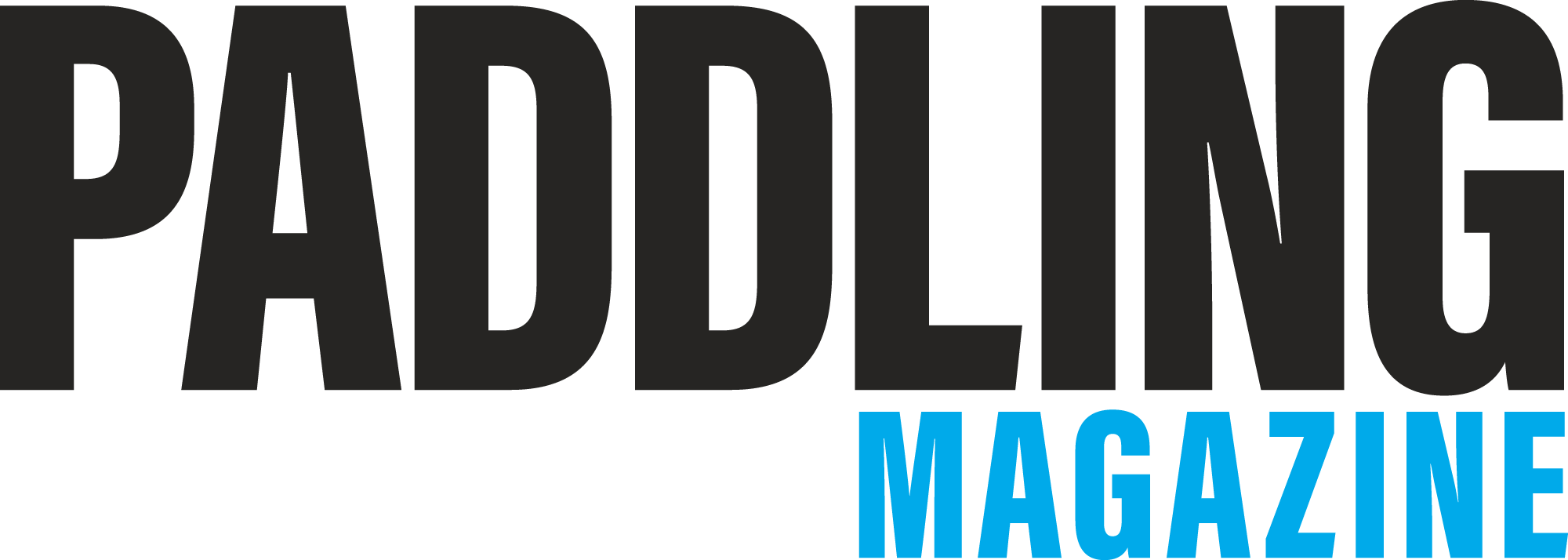Twenty-five years ago, at the age of 15, my right leg was amputated due to cancer.
After my amputation, my mother sent me to an adventure camp where I was exposed to whitewater canoeing, which sparked my interest in paddling. But it was not until a cold winter day nine years later that I had my first experience in a sea kayak. I was instantly hooked. I loved how the kayak cut through the water with speed and grace, and since I was accustomed to using both arms to get around on crutches, paddling felt natural and I wanted more.
Three months later, a few friends, my future wife and I went on a four-day kayaking trip to Masonboro Island, North Carolina. It was this challenge of not being able to control the elements and environment—having to adapt to tides, weather and unexpected situations— that inspired me.
Over the years, I’ve adapted my kayak as well. I removed the right thigh brace, which serves me no purpose. To compensate, I glued a shaped foam block under my left knee to give me more control with this leg. Next, I modified the right hip pad, turning it vertical so it would push my hip against the back band, giving me a tighter fit in the cockpit. It’s not enough to allow me to roll up or surf to my right side, but it lets me edge my kayak better to the left. Though these are limitations, they are also valuable challenges that keep me humble when on the water.
In 1998, I started an outreach kayaking program for teens at the local YMCA. I wanted to expose youth to situations they could not control, but had to overcome—the difficult lessons I learned as a teen battling cancer. At first, the kids saw me as handicapped. After watching me unload the kayaks from the trailer and gearing them up without skipping a beat, they would quickly realize that limitations are only what you make them. This was the reason why they believed me when I told them they could kayak.
To enhance the quality of the program, I acquired my BCU 3 Star Kayak Award, Rescue Award and Level 2 Instructor. This training was not adapted for me and I was expected to perform all the skills that were necessary to pass the course. I was honored to have my instructor assessment performed by the legendary Derek Hutchinson. By the time I left the Y 10 years later, 1,000 new campers were being given the opportunity to try kayaking each summer.
Kayaking puts me on an even playing field with my peers. After the amputation, I could still do things like cycle and play basketball, but I could never perform at the level I did before. In a sea kayak, I was suddenly ahead of the curve, teaching my friends to be better paddlers.
I have excelled at the sport. Maybe it’s because of all the kids I’ve towed throughout the years, my willingness to paddle out in bigger surf or my love of paddling in rough water. Or maybe it’s just a simple appreciation of overcoming tough challenges.
Wes Hall continues to teach and safety boat in North Carolina and strives to expose more physically challenged people to the benefits of paddling.



